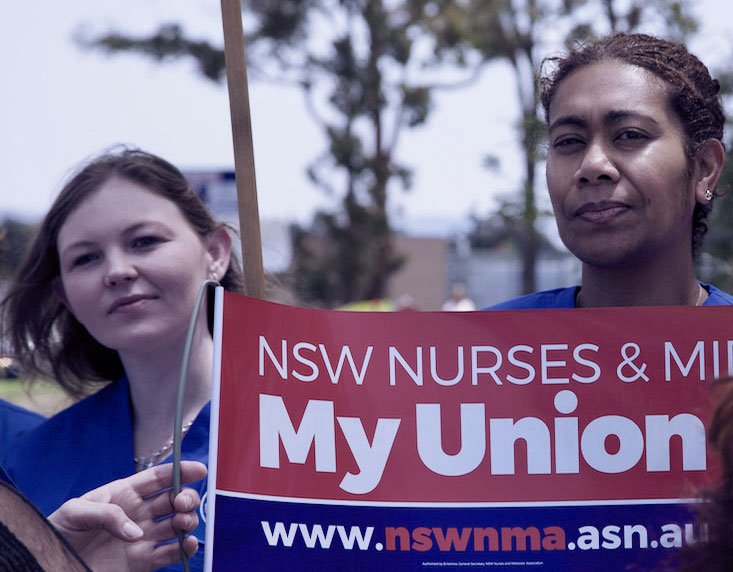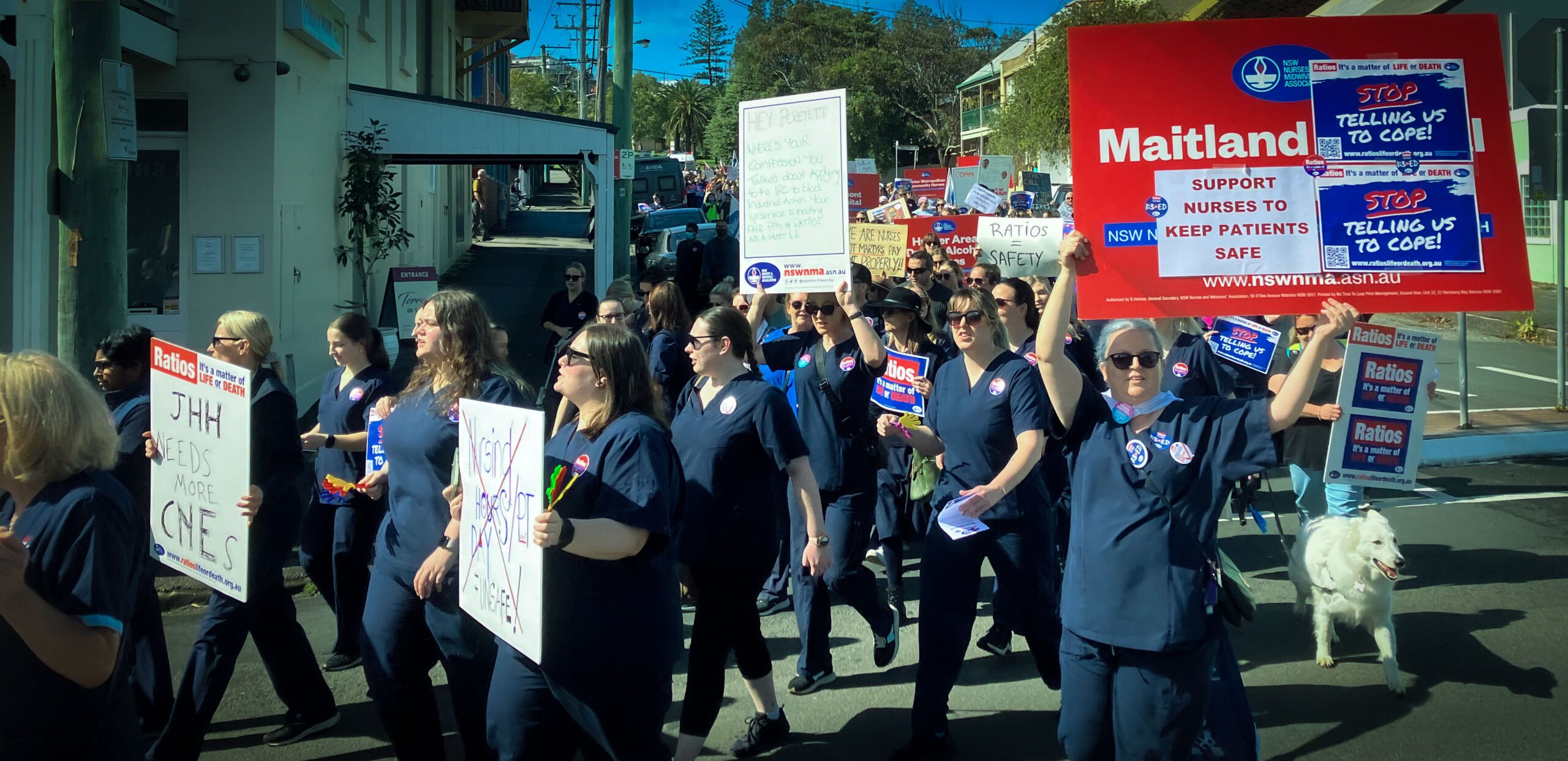Prominent health organisations from across Australia today condemned Australia’s reliance on coal citing a growing and significant body of research documenting severe health effects.
“It is clear, in this day and age, that we should be phasing out coal. It is highly polluting and is causing disastrous health impacts in communities across Australia. As health professionals it is our duty to highlight these health risks for Australians and suggest better alternatives,” Michael Moore, CEO of the Public Health Association of Australia said.
“As Australia’s largest health union, we are concerned about the serious threat the fossil fuel sector poses to the Australian community. It is time that Governments acknowledge the concerns of health and community stakeholders like the ANMF and work with us to find healthier, more sustainable forms of energy,” Lee Thomas, Secretary of the Australian Nursing and Midwifery Federation said.
The groups together released a Position Paper on Health and Energy Choices spelling out particular concerns about fossil fuels, pointing to strong evidence they cause harm to health, fuelling dangerous climate change, and must be phased out urgently in favour of safer, healthier, renewable energy sources.
“Too often the health of the community is put last in decisions about energy. Politicians must put the community first and rapidly phase out harmful coal and phase in alternative energy sources that are healthier and safer, such as solar and wind power”, Mr Moore said.
The health groups include: the Public Health Association of Australia (PHAA), Australian Nursing and Midwifery Federation (ANMF), National Toxics Network (NTN), Services for Australian Rural and Remote Allied Health (SARRAH), Australian Medical Students Association (AMSA), Women’s Health East (WHE) and the umbrella organisation the Climate and Health Alliance (CAHA).
They have produced a series of recommendations for governments, industry, the health sector and the community – spelling out the steps that must be taken to minimise threats to health from current energy choices.
The Health and Energy Choices Position Paper is available at www.caha.org.au/projects/healthy-energy
The Position Paper states:
“Governments, business and industry, the community, and the health sector all have a responsibility to respond to minimise these threats to health. The Australian community must urgently reconsider its energy choices. Safer, healthier, affordable and sustainable choices exist now. To protect community health and wellbeing, social cohesion, the economy and the environment, these should be substituted for fossil fuel energy resources.”
Current energy policy in Australia poses a serious and increasing risk to the health of individuals, families and communities, as well as to the nation as a whole, according to the paper released.
The paper’s key messages are that:
- The mining, transportation and burning of fossil fuels such as coal and petroleum products have significant and under recognised detrimental effects of people’s health from air, soil and water pollution, and contribute to cardiovascular, respiratory, neurological, reproductive, endocrine and kidney disorders.
- Decisions about energy choices in Australia are being made on the basis of inaccurate assessments of costs and benefits, with economic benefits frequently overstated and costs to health, environment and other industries overlooked or ignored.
- Continuing to develop Australian fossil fuel resources such as coal and gas threatens to push global temperatures beyond the limit agreed by the world in 2009 of two degrees Celsius above preindustrial levels. Climate scientists warn however that even this level of warming may “cause large climate change with disastrous consequences” for humans and other species.
- The health and medical community have a responsibility to intervene in public policy decision-making where health is at risk – and current energy policy in Australia constitutes a serious risk.
- The Australian community, politicians and policymakers must urgently reconsider our energy choices.
- Safer, healthier choices are available and affordable. To protect community health and wellbeing, social cohesion, the economy and the environment, and these must be substituted for fossil fuel energy resources as rapidly as possible.
An accompanying Background Paper provides an overview of the health and medical literature in relation to the health implications associated with different energy choices.
Read:








